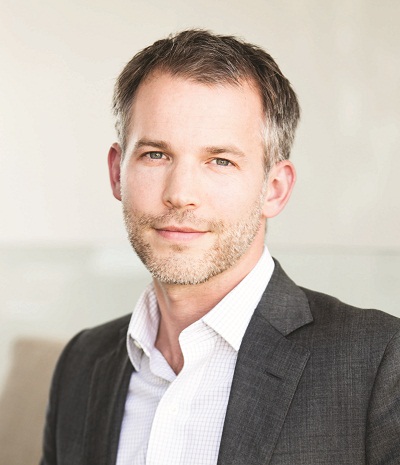 Author Michael Harris. Photo credit: Lucas Finlay
Author Michael Harris. Photo credit: Lucas Finlay
“Digital natives” born after 1985 have never known modern life before the internet. When pre-digital generations are gone, no one in the western world will ever know what it was like to not have the internet at our fingertips or cell phones in our pockets. And most of us who got connected in the interim lack an awareness of what a change it has been in our lives.
Author Michael Harris says that an age of constant connection has changed our brains and is killing the vital element of contemplation.
“Sometimes when I’m walking down the street and I see a couple of teenagers hunched over their phone, kind of burrowed into it, I think about monkeys picking lice out of their fur.” Harris says.
After living a life burrowed into computer screens himself, Harris engaged in a digital sabbatical. He unplugged from the digital world for a mere 30 days. During that time he discovered his brain had been trained to default to the patterns dictated by social networking and instant messages.
“Anyone who has tried even being without their phone for a day knows there’s a kind of panic that sets in,” Harris tells Steve Fast. “I think that I kind of went through detox in a way. And coming out the other end the thing that I learned…was just how much we can curate and engineer our media environment in order to do the kind of work that we want to accomplish.”
Balancing the increasing pull of a connected, digital world is the trick, Harris says. “Some kinds of thinking are really well suited to being connected all of the time,” he says. “The problem that we think all thinking, all connections, should be faster, stronger, longer. We forget there are different modes of thinking.”
Now, re-connected, Harris says that he takes a much different approach to digital technology. He answers his emails in batches instead of checking constantly. He makes an effort to leave his phone at home when he goes out for a walk.
“There’s nothing evil about connective technology any more than there’s anything evil about a knife in your kitchen.” Harris says. “You just need to know how to use it.”
Michael Harris is the author of “The End of Absence: Reclaiming What We’ve Lost in a World of Constant Connection.”
Listen to the interview: Michael Harris on The Steve Fast Show
Follow Steve Fast on Twitter @SteveFastShow







